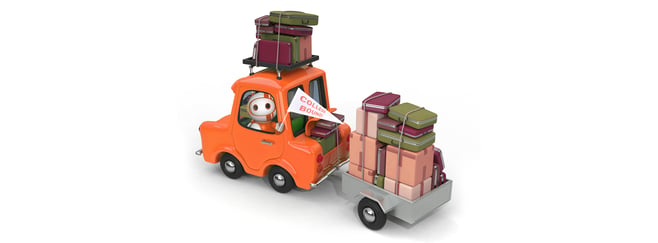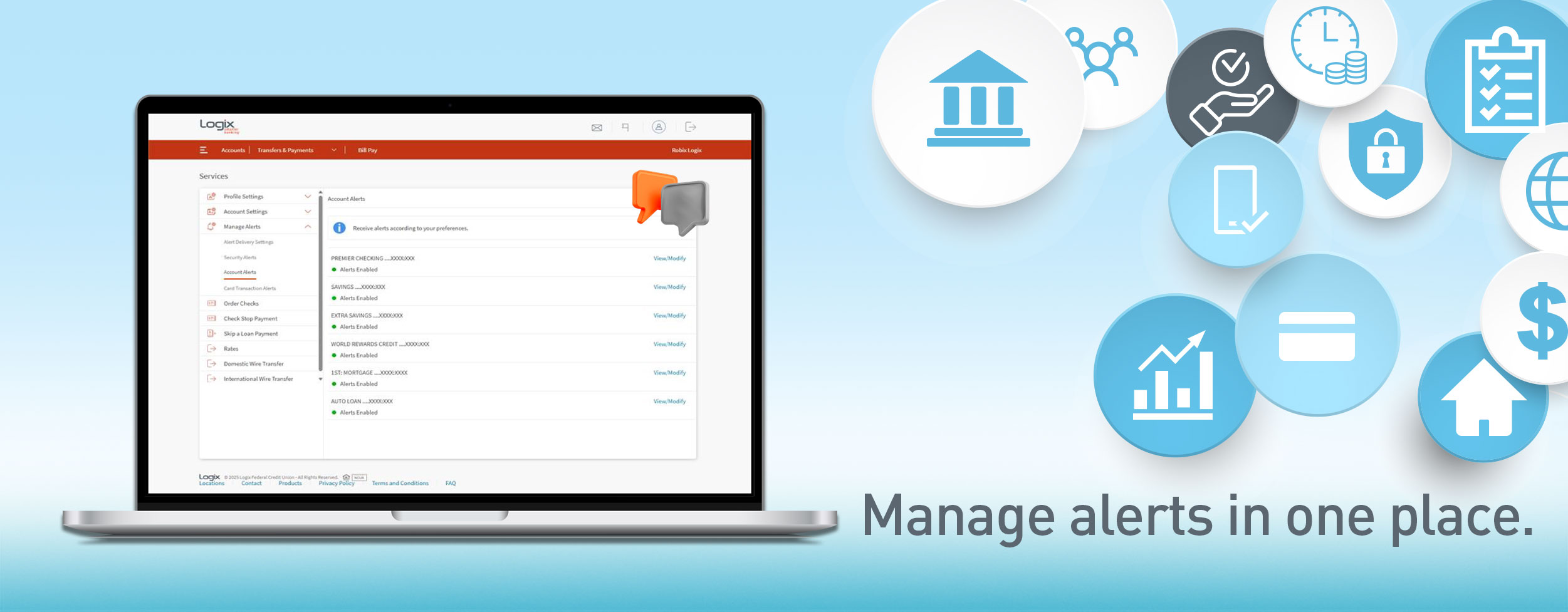
Whether you are apartment hunting because you procrastinated turning in your housing application or because you have had enough of your messy roommates and the overcrowded dorms, apartment searching can be one of the most agonizing processes you have to go through as a college student, especially because it’s going to cost more than the dorms. Of course, you don’t have to go through it alone. Depending on where you will be living, there are likely tons of other college students fighting for the exact same unit you have your eyes on—and some may be quicker than you.
Generally, rent will increase over the summer as more people are looking for housing. After a month of apartment hunting in the San Francisco area, the most expensive city in the United States, I finally found the perfect place for my low budget but couldn’t have done it without some advice…
- First, call back the day of your tour appointment. Don’t be surprised when you show up for the tour and the apartment is a much higher price than what you saw online. It’s always a good idea to ask for a quote again the day you are touring. Prices could have been hiked up since you saw the ad online!
- Factor in the cost of utilities. Wifi and pet fees may be included, but water and electricity will not be. With two people sharing an apartment, monthly utility bills may range from $75-$150. This is in addition to your rent. Also, make sure to ask about monthly parking fees if you have a car. This is almost never included in rent or utilities.
- Come prepared. Quite often, college students looking for apartments are ready to move in immediately. You’re not the only one who got caught up in finals and waited until the last minute, and if housing is hard to get in your area, it may be worth moving in a month or so earlier to secure a good location for a decent price. You may not be expecting to put down a deposit on a spot that day, but depending on how competitive housing is in your area, you may want to when you find a good deal and other people are also interested in that unit. Also, research the holding deposit fees ahead of time. Many places require a cashier’s check, so schedule your tour at a time when your local bank or credit union is open.
- Consider taking over someone else’s lease. Your school most likely has a housing page or Facebook group for students to search for roommates and transfer leases. Take advantage of these! When you take over a lease, the rent they had usually carries over to you which is almost always more affordable than the new increased prices for the same model. Just make sure you do your research first to ensure that you’re getting the best end of the deal.




%20(952%20x%20317%20px)-2.png)






